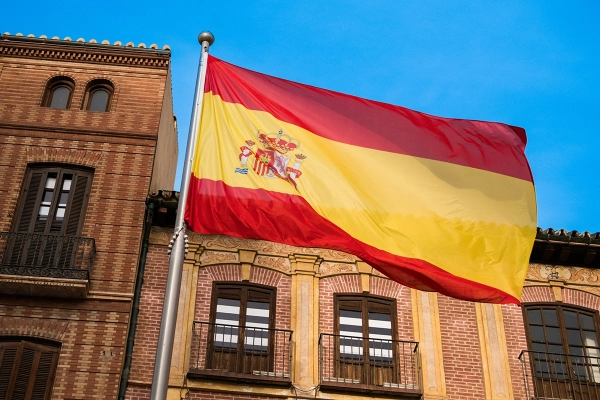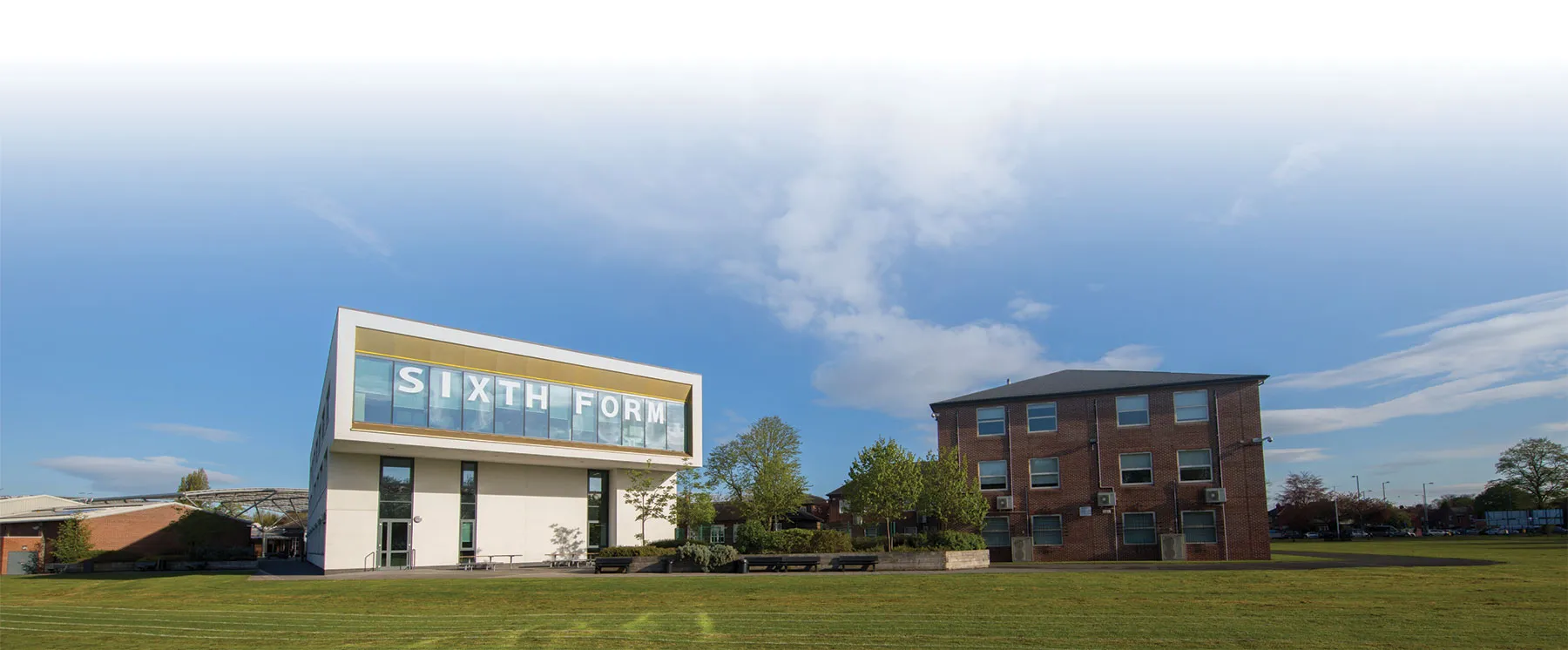What Will I Study?
A stimulating course which emphasises the way in which biologists work and their contributions to society.
You will study:
- Theme 1: La evolución de la sociedad española – Family, work and tourism in Spanish society
- Theme 2: La cultura política y artística en el mundo hispanohablante – Music, media and traditions of the Spanish-speaking world
- Theme 3: La inmigración y la sociedad multicultural Española – Exploring the positive impacts, challenges and opinions around immigration in Spain
- Theme 4: La dictadura franquista y la transición a la democracia – Understanding the political culture and recent history of Spain through the Civil War, the dictatorship and the transition to democracy (covering the period 1936 – 1981)
How Will I Be Assessed?
There are three assessments:
Paper 1: Listening, reading and translation
- Listen to recordings in Spanish and answer questions about them. You will have control of the recordings and be able to listen again as you wish (within the time limit)
- Read texts and answer questions on the text
- Translation from Spanish to English
Paper 2: Written response to works and translation
- Translate a text into Spanish
- Write two essays (300-350 words each) in response to a question on the chosen book and the chosen film
Paper 3: Speaking
- Discussion on a Theme (6-7 minutes, 30 marks)
- Presentation and discussion on student’s independent research project (10 to 11 minutes, 42 marks)
What Could I Do Next?
There are a range of higher education opportunities for language degrees, either on their own or combined with other subjects such as business, law, medicine and tourism. There is also the opportunity for a year abroad in many degree subjects if you have a language Advanced Level.
Subject Specific Entry Requirements
Grade 6 in GCSE Spanish.
Where Can I Get More Information?
For more information please contact:
- Head of World Languages Faculty: Ms L. Van Hoof

























